
11 minute read
Transformation
Transformation at UP is the engine for excellence and a driver for ensuring success in teaching, learning and research. It is a multifaceted catalyst for creating conditions in which everyone can thrive.
46
48
49
50 Student inclusivity Staff development People with disabilities Policies and related initiatives
The University continues to prioritise transformation. It is committed to
ensuring that transformation permeates every aspect of UP, thereby ensuring that UP is home to student and staff populations that represent South Africa’s rich diversity and providing the conditions necessary for its diverse campus community to feel supported and valued. We regard it as our duty to focus on transformation in all spheres of society and the economy.
STUDENT INCLUSIVITY
The UP student demographic profile has steadily changed over past years. Where approximately 52% of UP’s contact students were black in 2015, this percentage increased to nearly 60% in 2019. Of this, the majority (56%) are women.
UP’s educational approach has a strong focus on inclusivity, equitable access to education, and equity of outcomes. Contact sessions in traditional lectures, seminars, laboratories and practicals are effectively supplemented with online learning platforms – the so-called hybrid model, in which additional activities, notes, resources and videos to supplement classes are provided online. This has enabled access and success
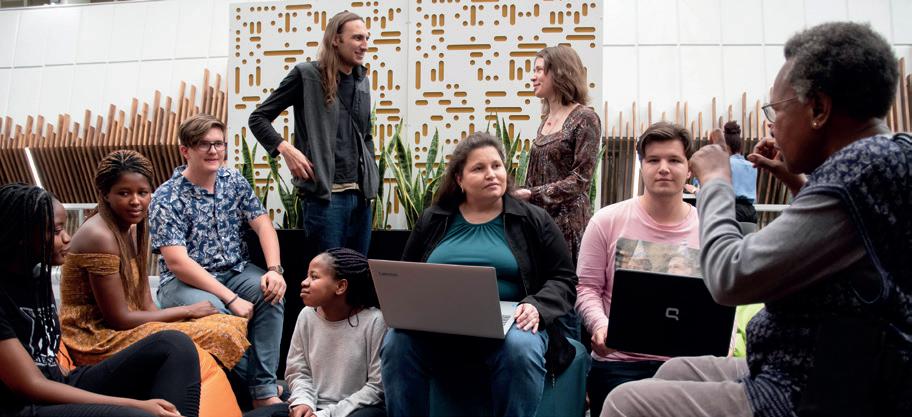
for an increasing number of students. Also of note is that the Mamelodi Social Innovation Space enables access for students who do not initially earn entry to University programmes, but who have the potential to do so if provided with nurturing and supportive programmes.
The University also uses various strategies to enhance the participation and success of all its students but most especially, students from low-income families and disadvantaged backgrounds. UP has for many years been providing funding support to enable access for financially disadvantaged students. The University’s large portfolio of bursaries consists of UP’s own funds, funds raised through donations, gifts, grants, and funding administered on behalf of third parties such as state departments, foundations and provincial governments. It also has a strategic bursary fund to ensure that its diversity targets in undergraduate and postgraduate student numbers are met.
Transformation is a mainstream activity in the University’s student life environment. While students have the right to freedom of association, specific participation and content criteria are established to ensure inclusivity in all formal
19 nGAP positions
68+
n 68% Women
Our staff profile
62% Black staff
24% Academic staff 2018 2019
2018 2019 65% Black staff

26% Academic staff
Transformation goals UP’s Transformation Plan 20172021 identifies the following transformation goals for the University: • Ensure access to a diverse student body that reflects the demographic mix and social complexity of South Africa • Significantly reduce and ultimately eliminate differential student success and graduation rates based on race, gender, class and other critical variables • Realise employment equity targets as set in the University’s
Employment Equity Plan • Enhance research capacity and productivity of black and women academics • Engender institutional cultures and practices that are welcoming to students and staff from diverse socio-economic and cultural backgrounds.
Our student profile
n 48 532 Total number of contact students
n 12 786 Total postgraduate students
n 12 786 Total postgraduate students
59+ 67+ 54+
n 59% Total black contact students
n 67% Total black postgraduates n 53.5% Postgraduate female students
Black graduate students
61%
2018 2019 67%
student life activities organised by recognised student structures of the University. This applies in the residence environment and to day students. The aim is to provide student life activities that are welcoming to the widest variety of students possible, including undergraduate, postgraduate, international students and students with disabilities.
Transformation is a key element of all student leadership development and training programmes offered by the University. Topics include diversity sensitisation,
Accolades for female academics
Female academic staff were honoured by a wide range of organisations. • Prof Margaret Chitiga-Mabugu, Director of the School of Public Management and
Administration in the Faculty of Economics and Management Sciences, has been appointed to serve as a member of the
Science Advisory Council of the Stockholm Environment
Institute. • Professors Armanda Bastos and Marthán
Bester from the Department of Zoology and Entomology were announced as fellows of the Royal Society of South
Africa (RSSAf). • Prof Hettie Schönfeldt received the Nevin
Scrimshaw Award for her contribution throughout her research career to generating uniquely country-specific food data for the African region. • Prof Esté van Marle-Köster, Head of
UP’s Department of Animal and Wildlife Sciences, was honoured as the Gauteng
Agriculturist of the Year by the Agricultural
Writers South Africa for a lifetime of work in the livestock sector. • Dr Christel Hansen in the Department of Geography, Geoinformatics and
Meteorology was awarded the Society of South African Geographers (SSAG)
Centenary Award.
gender and sexuality awareness, the positive power of language, cultural diversity and good citizenship. The SRC has, among its portfolios, an elected transformation champion who coordinates activities and ensures that the transformation committee functions effectively. All student leadership structures have transformation portfolios and those members who occupy the portfolio together form the student sub-council on transformation, a forum for student leaders to contribute to the transformation agenda of the university. Furthermore, new and additional student structures were established to advance safety and wellness and work on initiatives to address issues of gender-based violence and discrimination. These included: SpeakOUT@UP; The Student Wellness Committee; and ManDown, a structure comprising young men dedicated to addressing genderbased violence.
As part of a broader strategy of transforming the residence cultures, the University renamed several student residences to represent the diversity of South African languages. This was done after a process of consultation with all the stakeholders. In the University residence dining halls, menus have been changed over the years to address the specific needs and preferences of a changing student demographic.
STAFF DEVELOPMENT
Diversity in UP’s staff composition is central to its research and institutional identity, and is an important aspect of pursuing excellence in meeting the needs of an increasingly diverse student body.
The University continues to make positive progress in this regard. Black staff comprise 65% of the total headcount (2018: 62% ) while black academic staff stands at 26% (2018: 24%).
Talent development programmes will further this momentum.
New Generation of Academics Programme In 2016 the DHET introduced nGAP to address the academic staffing needs in disciplinary areas in which the
need is greatest. DHET provides funding of R2.5m per academic post over a six-year period, which provides for the salary, mentorship, doctoral/postdoctoral studies, equipment, and conference attendance costs per post. UP has created a co-funding facility to supplement the funding provided by the DHET.
UP accepted and filled all 19 positions offered to it by the DHET between 2016 and 2019, and women make up 68% of the total. Eight of the nGAP candidates have completed their PhDs, five confirmed submission during 2020 and the remaining six nGAP lecturers are progressing according to plan.
Programme for Academic Leadership The Programme for Academic Leadership (PAL), offered through the University’s business school, the Gordon Institute of Business (GIBS), was introduced in 2013 as an academic leadership and development strategy. The programme provides a foundation for developing an academic leadership career, and 73 senior academics have thus far attended PAL. Four of them have since been promoted to dean, four to deputy dean and 14 to heads of academic departments.
UP Leadership Programme The UP Leadership Programme (UPLP) focuses on developing the general leadership acumen of academics and professional services leaders. It was implemented exclusively for newly appointed deans and deputy deans and directors or deputy directors of professional services departments.
Executive Coaching Programme Formalised in 2018, the UP Executive Coaching Programme offers coaching to all newly appointed deans and directors, as well as to a selection of deputy deans. The aim of the programme is to maximise leadership potential. In total, nine senior line managers of the University have participated thus far.
PEOPLE WITH DISABILITIES
Through the Disability Unit, UP provides academic, technological, physical and psychosocial support to
Tactile warning tiles alert people with visual disabilities of approaching streets or changes on the road ahead.
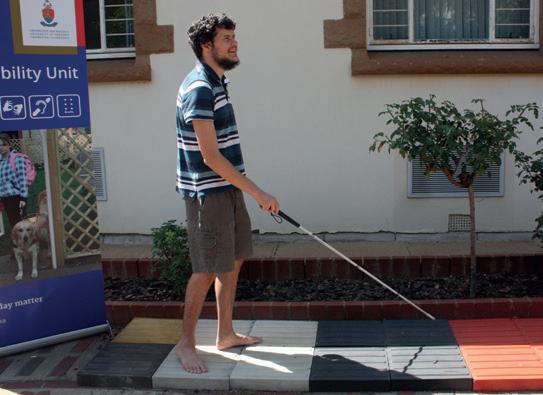
students with disabilities to ensure they can participate in activities both inside and outside the formal classroom environment and are integrated into student social life. The Unit caters for undergraduate and postgraduate students with visual, hearing, physical, learning, psychological and chronic medical disabilities.
UP had 762 students with declared disabilities receiving direct support from the Disability Unit in 2019. There were 1 225 walk-in consultations and 1 543 tests and examinations written with the support of the Disability Unit. A total of 382 applications for time concession for examinations and tests were processed. Of these, 42 students who did not have medical aid were assessed at no cost. Mobility training sessions were presented to 25 new first-year students with visual disabilities, while 51 bursary applications and two National Benchmark Tests were facilitated. Training in assistive technology was provided as well as editing of text pages that were converted into accessible formats for students with disabilities.
The UP orientation and mobility training of students with visual disabilities enjoys the support and sponsorship of the South African Guide Dogs Association for the Blind.
Thirteen students with disabilities completed their undergraduate degrees in 2019, two of these with distinction, while 11 graduates with disabilities will pursue postgraduate studies at UP in 2020.
UP has an ongoing project to improve universal access to all of its buildings on all campuses. It has also been carrying out tactile paving of its campuses to help staff and students who are visually impaired to safely and easily move around the University. The tactile warning tiles are detectable by long cane or underfoot, and are used to alert persons with visual disabilities of approaching streets and hazardous surfaces or grade changes.
POLICIES AND RELATED INITIATIVES
The University’s new language policy, approved by Council in June 2016, was fully implemented in 2019 with no serious challenges.
A range of policies that deal with various aspects of discrimination, sexual harassment and hate speech, have been developed over the years. In 2017, UP started consolidating these policies, which resulted in an overarching Anti-Discrimination Policy. The new policy was approved in 2019 and is now being implemented.
A Transformation Office provides a dedicated resource to address issues involving any form of discrimination.
An Institutional Transformation Committee (ITC) has representatives from the Executive, Transformation Committees within each faculty and each professional services department, the various staff labour organisations and the students. The ITC worked closely with the Transformation Manager and the Centre for Sexualities, Aids and Gender during 2019 to offer training on the Anti-Discrimination Policy and Sexual Harassment, and will work closely with the Transformation Office in designing, developing and implementing transformation initiatives across UP.
Overall, the University has made significant progress towards realising the goals of transformation. We have nurtured a diverse community of outstanding academic and support staff and students; succeeded in creating an awareness of diversity and the value of transformation; and improved employment equity representation at all levels. Thabang Manamela, who lost his sight at an early age, graduated with an LLB degree. In 2014, he started studying for a BA general degree and was admitted to the LLB degree programme in 2015. He had to get used to electronic learning at the University as he was used to using Braille at school. Currently a candidate attorney, he is working towards being admitted as an attorney, conveyancer and notary.
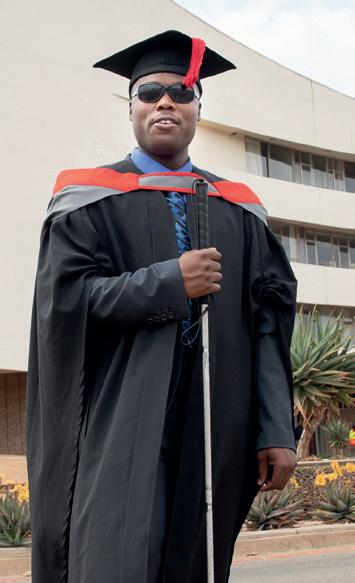
Tinyiko Gwambe graduated with a Bachelor of Social Work degree with distinction and is pursuing her postgraduate studies. She was born with tetra-amelia syndrome, a congenital disorder characterised by the absence or malformation of the limbs. This wheelchair-bound graduate is planning to pursue her master’s degree in social development and policy in the Department of Social Work and Criminology.
13 Successful graduates with disabilities
11 Pursuing postgraduate studies at UP in 2020
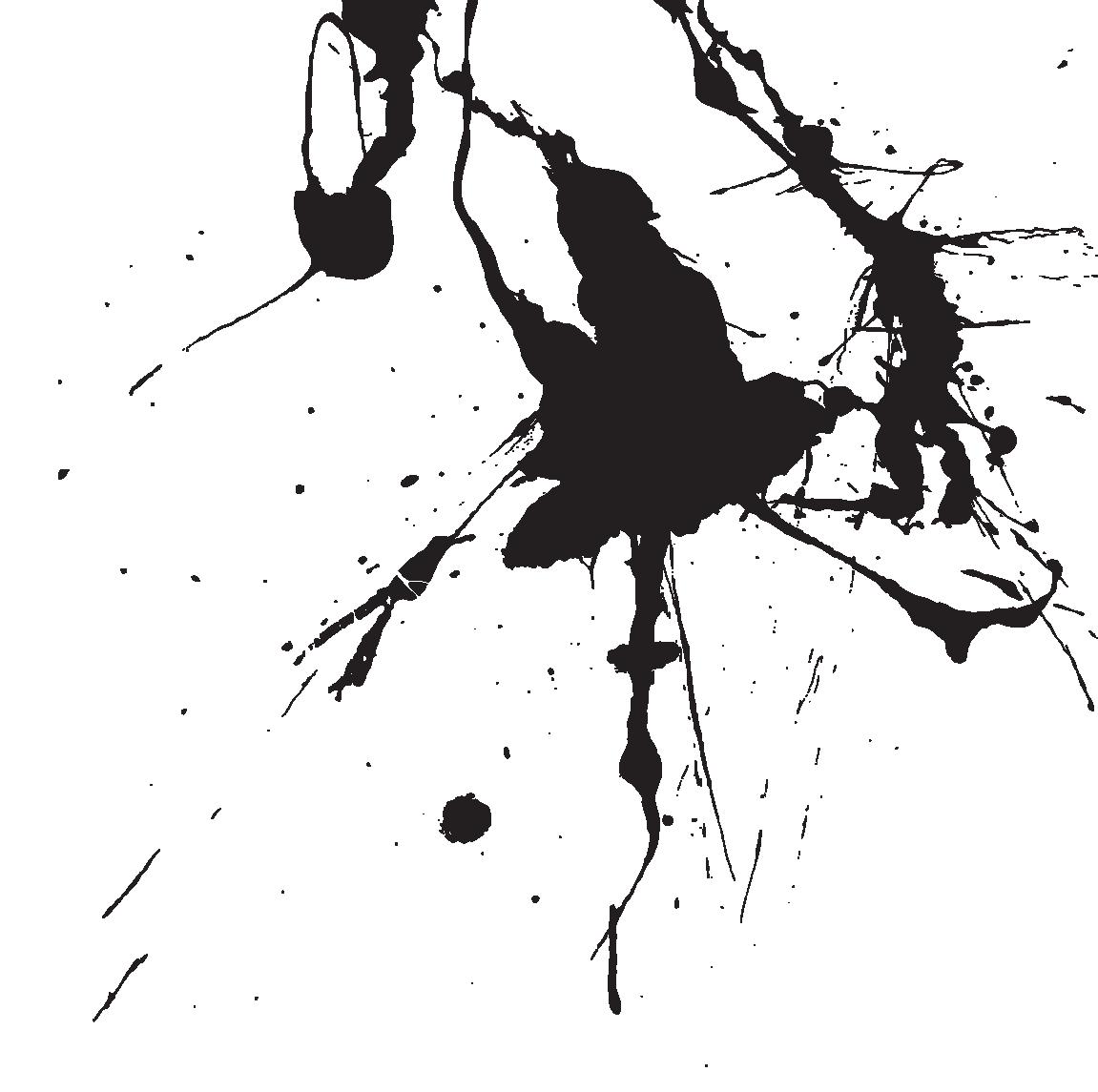
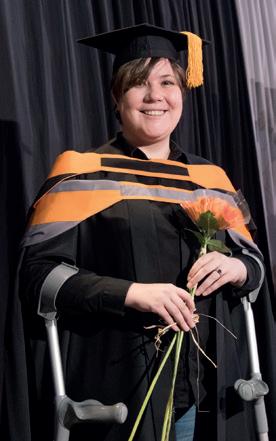
Four-time cancer survivor Lisa Sanders graduated with a master’s degree in translation and interpreting studies from the Department of African Languages. She suffers from a rare condition, Li-Fraumeni syndrome, which greatly increases the risk of cancer. She also lost her leg due to surgical complications at the age of 10. She plans to do her PhD in Japanese Studies at the Tokyo University of Foreign Studies in Japan.
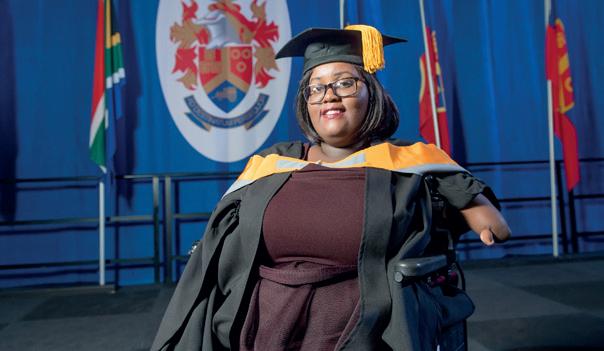
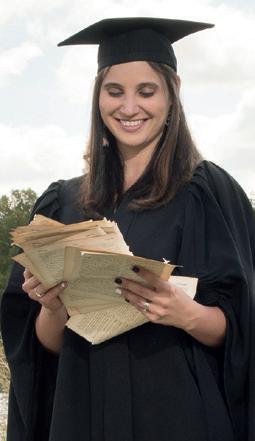
Erika Barnard graduated from the Faculty of Theology. She has familial dysautonomia, an extremely rare genetic disorder that impairs the function of the entire autonomic nervous system. This didn’t hold her back, however, as she completed her four-year degree in a record three years and won an award from the Vice-Chancellor and Principal for her high marks throughout her studies. She intends to further her studies.







